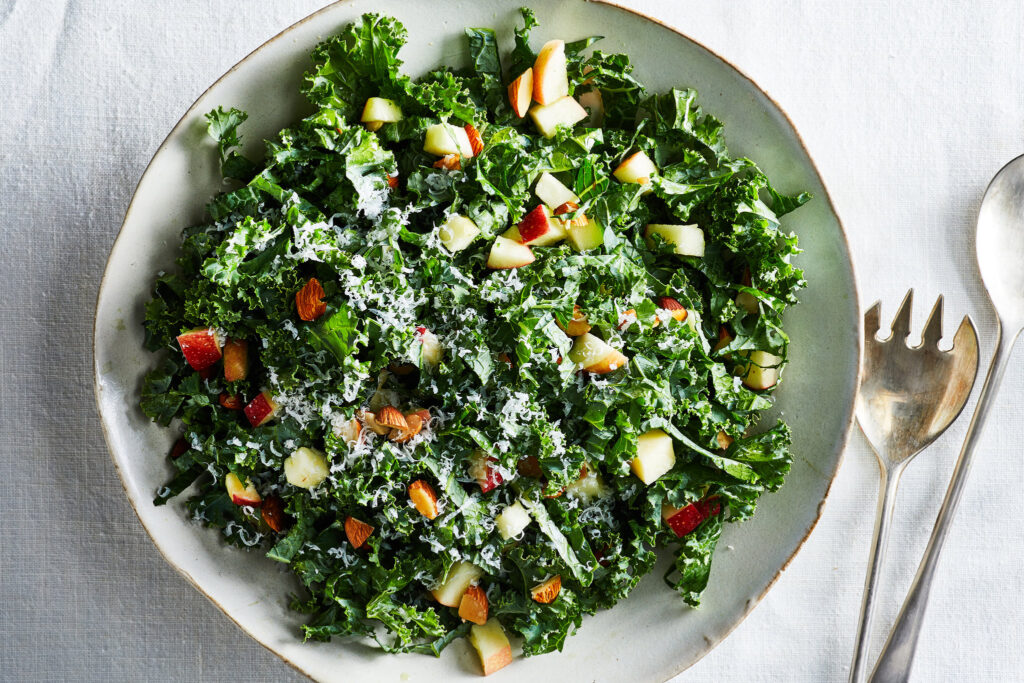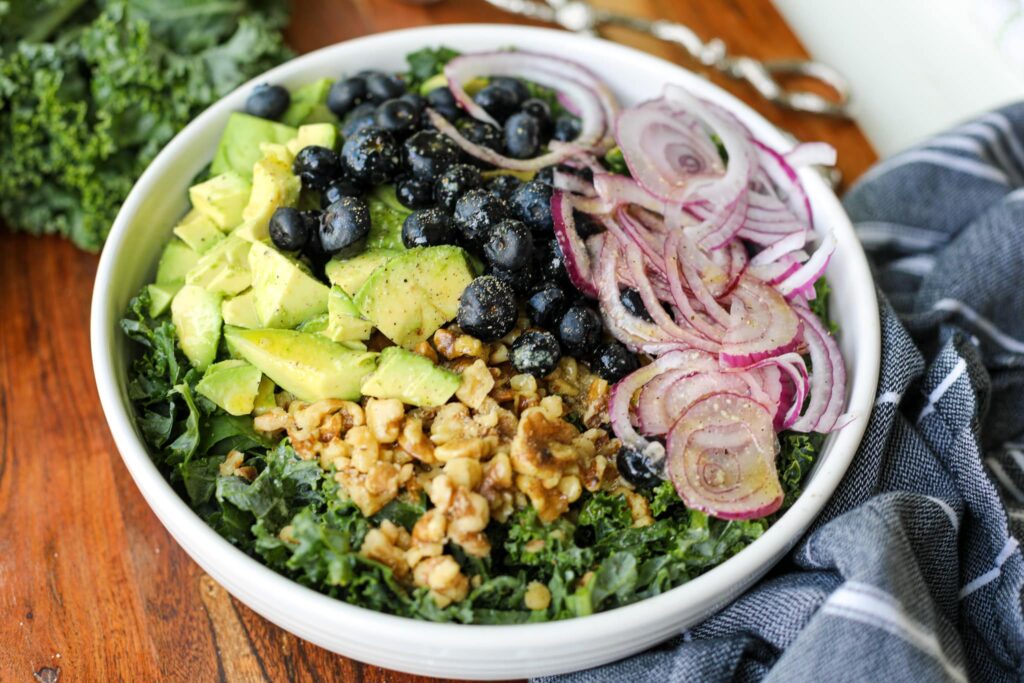As the warm embrace of summer envelops us, our culinary cravings shift towards light, refreshing dishes that tantalize the taste buds and nourish the body.
Amidst the scorching heat, there’s nothing quite as satisfying as a bowl of vibrant Greek salad.
Bursting with colors, textures, and flavors, this Mediterranean delight not only offers a tantalizing taste experience but also packs a punch of health benefits.
Let’s delve into the world of Greek salad, exploring its wholesome ingredients, culinary versatility, and why it’s the perfect addition to your summer menu.

1. Origins and Evolution of Greek Salad
Greek salad, also known as Horiatiki, traces its roots back to the sun-drenched landscapes of Greece.
Originally a simple peasant dish, it has evolved over the years into a global culinary icon.
Traditionally comprising of fresh tomatoes, cucumbers, onions, olives, and feta cheese, drizzled with olive oil and seasoned with herbs, its simplicity belies its delicious complexity.
2. The Freshness Factor
At the heart of every Greek salad lies the commitment to freshness.
Crisp cucumbers, juicy tomatoes, and piquant onions combine to create a symphony of flavors that dance on your palate.
The vibrant colors of the ingredients not only entice the eyes but also signify the abundance of nutrients packed within.
3. Health Benefits Galore
Beyond its delectable taste, Greek salad offers a myriad of health benefits.
Bursting with vitamins, minerals, and antioxidants, it boosts immunity, promotes cardiovascular health, and aids in weight management.
The generous drizzle of olive oil provides healthy fats, while feta cheese adds a dose of calcium and protein.
4. Culinary Versatility
One of the most appealing aspects of Greek salad is its versatility.
While the classic recipe remains timeless, it serves as a canvas for culinary creativity.
Additions such as grilled chicken, avocado, quinoa, or even watermelon can elevate its flavor profile and cater to diverse dietary preferences.

5. Simple Yet Flavorful Dressing
The dressing is where the magic happens in a Greek salad.
A simple yet flavorful blend of extra virgin olive oil, lemon juice, red wine vinegar, garlic, and dried oregano, it ties together the disparate elements of the salad, infusing each bite with tangy goodness.
6. Serving Suggestions
Whether as a light lunch, a refreshing side dish, or a wholesome appetizer, Greek salad shines in various culinary roles.
Pair it with grilled seafood for a Mediterranean feast, serve it alongside grilled meats for a barbecue soirée, or simply enjoy it on its own for a satisfying meal.
7. Embracing the Mediterranean Lifestyle
Beyond its culinary appeal, Greek salad embodies the essence of the Mediterranean lifestyle.
It encourages mindful eating, emphasizes the use of fresh, seasonal ingredients, and fosters a sense of community around the dining table.
Incorporating it into your diet is not just about nourishing the body but also nurturing the soul.
Conclusion:
As summer beckons with its sweltering embrace, indulge in the refreshing allure of Greek salad.
With its vibrant colors, wholesome ingredients, and tantalizing flavors, it’s the epitome of culinary satisfaction.
Whether you’re lounging by the pool, hosting a backyard barbecue, or simply craving a light and nutritious meal, Greek salad is your go-to option.
Embrace the taste of the Mediterranean and savor every wholesome crunch.

FAQs:
Q1: Can I make Greek salad ahead of time?
A1: Absolutely! Greek salad actually tastes better when it’s allowed to sit for a while, as the flavors meld together.
Just be sure to wait to add the dressing until right before serving to keep the veggies crisp.
Q2: Can I substitute ingredients in Greek salad?
A2: Of course! Greek salad is incredibly versatile.
Feel free to swap out ingredients based on your preferences or what you have on hand.
You can even make it vegan by omitting the feta cheese or using a plant-based alternative.
Q3: How long does Greek salad last in the fridge?
A3: Greek salad will typically keep well in the fridge for up to 2-3 days.
Just be sure to store it in an airtight container to maintain freshness.
Q4: Can I add protein to Greek salad?
A4: Absolutely! Grilled chicken, shrimp, salmon, or tofu are all delicious additions that can turn Greek salad into a satisfying meal.
Q5: Is Greek salad gluten-free?
A5: Yes, Greek salad is naturally gluten-free since it’s made with fresh vegetables, cheese, and a simple dressing.
Just be cautious if you’re adding any additional ingredients and always check labels to ensure they’re gluten-free.
